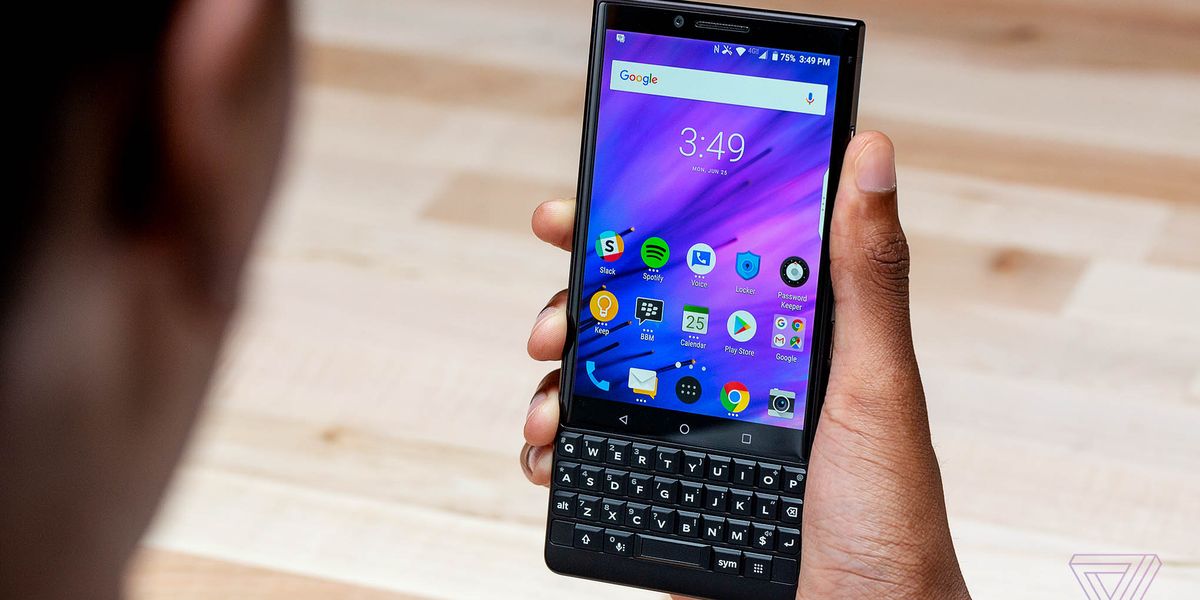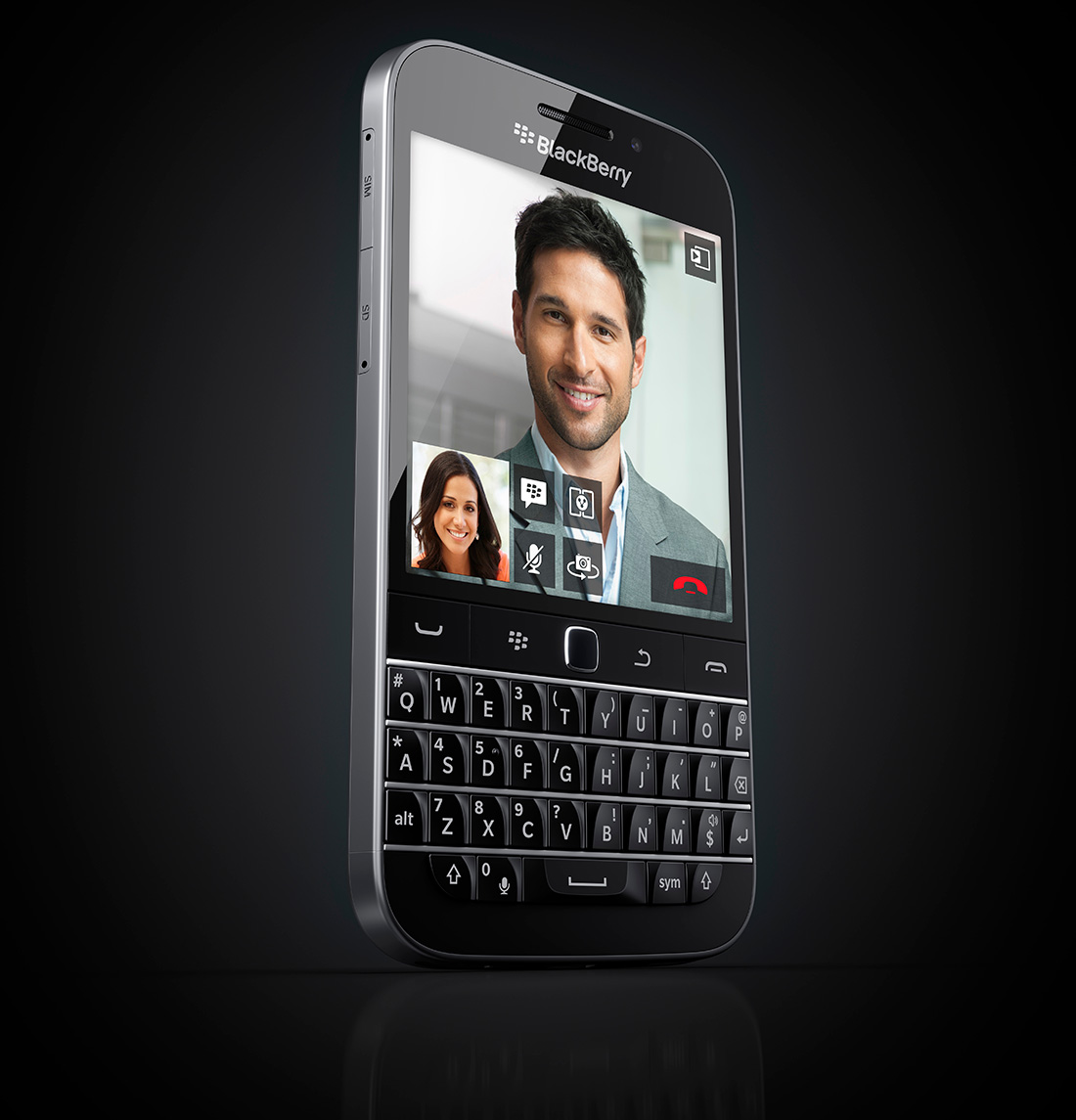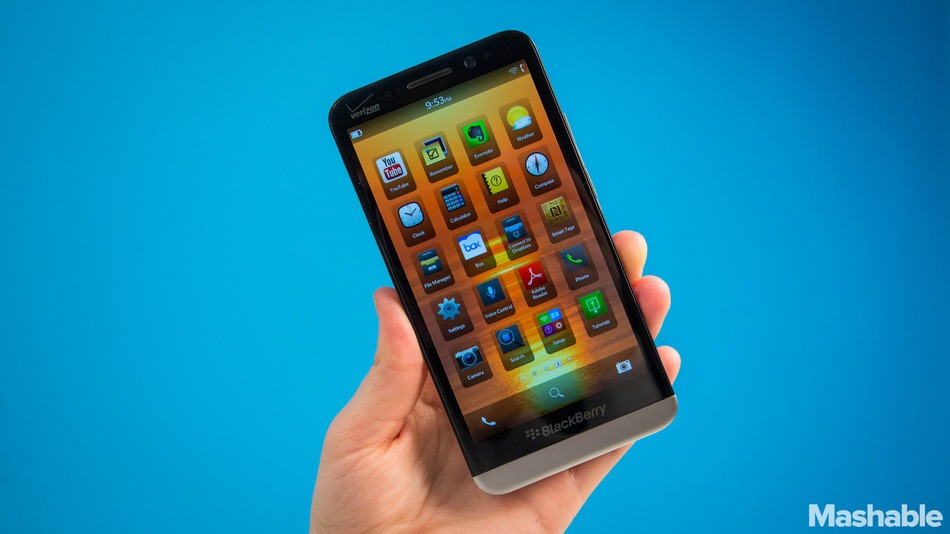Tech News
TCL put another nail in coffin of BlackBerry smartphones. That makes me sad.

BlackBerry smartphones were the first smartphones carried by many people around the world. BlackBerrys preceded the iPhone and Android in important ways and helped set the stage for many of the features we rely on today. That’s why it hurts just a little that the smartphone brand is, for all intents and purposes, dead (again).
TCL licensed the BlackBerry brand after the Canadian company stopped making its own phones. In other words, TCL kept BlackBerry alive. Today, TCL said it allowed its license to lapse and will no longer design and build BlackBerry phones. Optiemus in India also licenses the brand, but has so far failed to produce all the devices it announced.
For its part, BlackBerry has remained quiet. So, where does it go now?
Storied history

The first smartphone-related story I ever wrote, for Field Force Automation magazine in the fall of 2001, was about BlackBerry. Set in the wake of the 9/11 attacks, several companies located in the downtown NYC area lauded BlackBerry for its DataTAC platform, which remained up and functional while regular cell service in the area failed. Back then, BlackBerry phones were gloried pagers. This was a vital success story for the company.
BlackBerry eventually upgraded to fully-connected internet devices, with browsers, email, and more. Believe it or not, support for phone calls, which would make them genuine smartphones, was added later.
Early models, such as the 7100, 7290, and 8700, were staples with the jet-setting business crowd.
The company made its own hardware, and, more importantly, provided the background services that gave the phones their value. BlackBerry Mobile Services provided business users with access to not only their contacts, calendar, and email, but connected enterprise apps and much more.
Early models, such as the 7100, 7290, and 8700, were staples with the jet-setting business crowd. They were huge, clunky devices with monochrome screens, thumbwheels, and terrible keyboards. (But they had keyboards!)
Once consumer-friendly handsets such as the Pearl, Curve, and Bold reached stores, BlackBerry became a hit with regular people. BlackBerry smartphones were the best way to stay connected without a laptop. BBM, the company’s stout messaging service, cemented its reputation as a communications master.
An early peak

After little more than a dozen years in business, December 2012 saw BlackBerry reach its highest number of users, which was about 80 million. It had grown rapidly, mostly thanks to its email dominance, but fell even faster due to the market turbulence created by the iPhone and, later, Android.
In June 2007, when the first iPhone went on sale, BlackBerry had some 8 million customers. The fact that it would grow tenfold over the next five years is a testament to its strength as a platform, despite the competition. Of course, this is when companies issued BlackBerry smartphones — and not iPhones — to employees. Once Apple adopted the right set of licenses for corporate-grade email and security, that all changed.
BlackBerry’s slow decline began after Palm and WebOS called it quits, though Windows Phone will still a competitor. From March 2013 through May 2017 the number of BlackBerry users retracted from 80 million to 11 million.
The company gave up on making smartphones and instead allowed TCL and Optiemus to build them. BlackBerry continued with its software, which included a suite of communication services for the Android platform, which is what modern ‘Berries run.
Functional, not fun, phones from TCL

TCL kept the BlackBerry brand kicking, but not necessarily thriving. The hardware coming from the company looked and felt perfunctory. There were the warmed-over, slate-style DTEK50 and DTEK60, as well as the keyboard-equipped KEYone, Key2, and Key2 LE.
The phones got the job done, and yet didn’t reignite any fires. Sales for these devices were never fully revealed and yet can’t be anything but sluggish.
Perhaps this is for the best. Perhaps BlackBerry needs to be done. Even so, it was a key player in helping create the products we now rely on for literally everything. It’s sad to see companies and brands fail.
Source: https://www.androidauthority.com/blackberry-smartphones-are-dead-1079741/



